Don’t miss Christmas Special from now through Epiphany — 25% off all new paid, gift, and upgraded subscriptions. See below to learn more.
It’s one of the great paradoxes of human life that we so often find ourselves strangers in a strange land. “Bury me not on the lone prairie,” begs the dying lad in the old cowboy song, as he longs to be laid beside his father, far away. But though they are friendly to him, they do not heed his request. The patriarch Joseph, as he lay dying, made his countrymen promise that they would not leave his bones behind in Egypt — the land where his word was law; it was not to be their home. The soldier will never again see his true love on “the bonnie, bonnie banks o’ Loch Lomond.”
Yet even when we are at home, we are not quite at home. When I was a boy, I was often lonely as I gazed from a hilltop over my town spread out far below and across the valley, and felt that it was not my home. Yet I miss that hilltop, though I know if I were to stand upon it today, I would miss even more; for the town has changed, and many a homely thing I took for granted and in a strange way even cherished is no longer there. Blaise Pascal once said that man’s chief trouble is that he cannot sit quiet in his room. For he feels somehow that it is not his room after all; it isn’t where he ultimately belongs. But where does he belong? He cannot say.
Chesterton says it for us. We belong, we can be home, only in the place where a mother who had no home had to give birth to her child. It was a “crazy stable,” he says, meaning that its timbers were cracked and tilted and its thatch was caving in, but this place was stronger and more permanent “than the square stones of Rome.” We have lost our hearts, he says, and where did we lose them? You cannot find the place on a map. No star-chart and no compass will take you to the lost Eden. And everywhere else is a foreign land to us, even if we but walk a few blocks from work to the houses we live in, and we lay our heads peacefully in bed at night. That’s not to say that these foreign lands are poor and paltry things. Not at all! Here we have “chance and honor and high surprise,” in the daily battle of human life, but our homes are “under miraculous skies, / Where the yule tale was begun.”
Rome may be tall, but this place is taller. Eden may be old, but this place is older — or rather it never has grown old, because it is the place of the eternal Son, the same who was born in a stable in Bethlehem and laid to sleep in a manger, whose hands played with the stars. We say, in the season of Advent, “Come to us!” And He replies, “Yes, I have come — and I am calling you home.”
There fared a mother driven forth Out of an inn to roam; In the place where she was homeless All men are at home. The crazy stable close at hand, With shaking timber and shifting sand, Grew a stronger thing to abide and stand Than the square stones of Rome. For men are homesick in their homes, And strangers under the sun, And they lay on their heads in a foreign land Whenever the day is done. Here we have battle and blazing eyes, And chance and honor and high surprise, But our homes are under miraculous skies Where the yule tale was begun. A Child in a foul stable, Where the beasts feed and foam; Only where He was homeless Are you and I at home; We have hands that fashion and heads that know, But our hearts we lost - how long ago! In a place no chart nor ship can show Under the sky's dome. This world is wild as an old wives' tale, And strange the plain things are, The earth is enough and the air is enough For our wonder and our war; But our rest is as far as the fire-drake swings And our peace is put in impossible things Where clashed and thundered unthinkable wings Round an incredible star. To an open house in the evening Home shall men come, To an older place than Eden And a taller town than Rome. To the end of the way of the wandering star, To the things that cannot be and that are, To the place where God was homeless And all men are at home.
Word & Song is an online magazine devoted to reclaiming the good, the beautiful, and the true. We publish six essays each week, on words, classic hymn, poems, films, and popular songs, as well a weekly podcast, alternately Poetry Aloud or Anthony Esolen Speaks. To support this project, please join us as a free or paid subscriber.
Christmas Discount Offers 2023
Upgrade to paid or give a gift subscription now through Epiphany!
And if you are looking for a gift for the avid readers on your list, please do check out Professor Esolen’s Book Page. There’s literally something for everyone there, including two new books which we have just added to the list (see below).
New Books this Fall:
Augustine’s Confessions (Esolen translation, Tan Books)

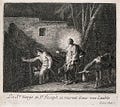





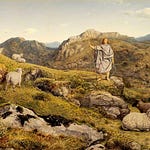
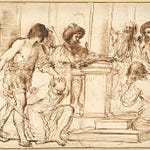
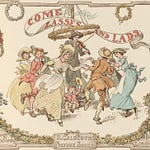
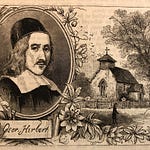
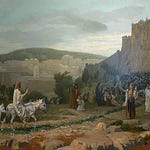

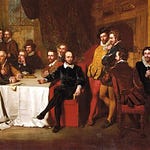
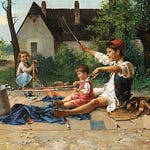
"The House of Christmas"